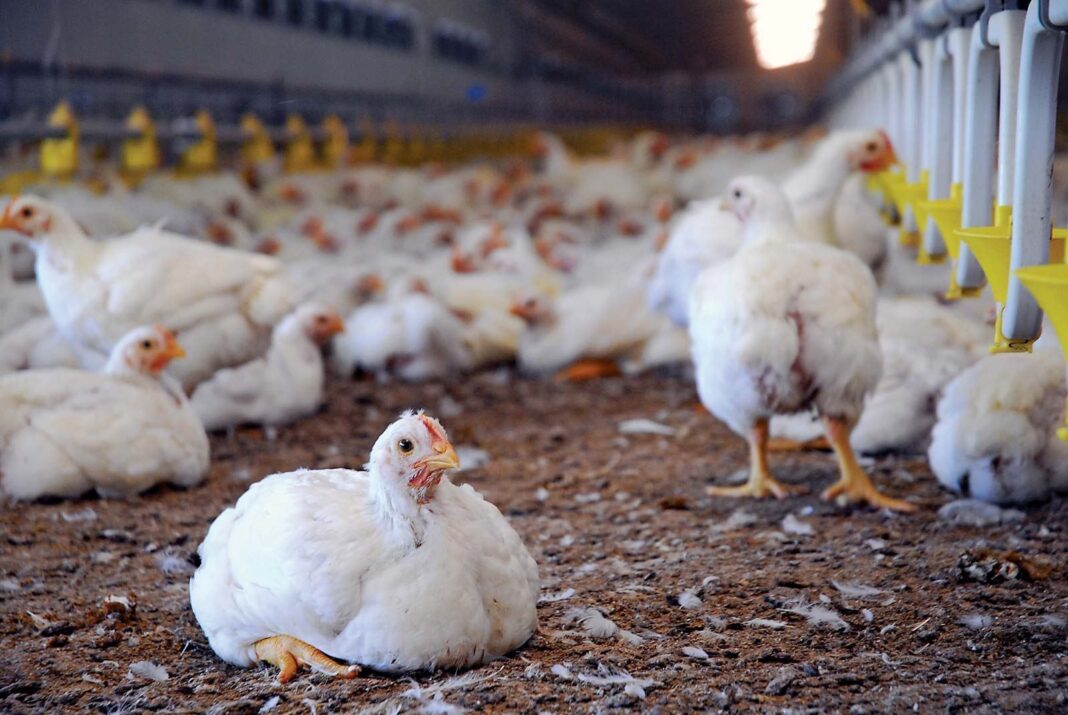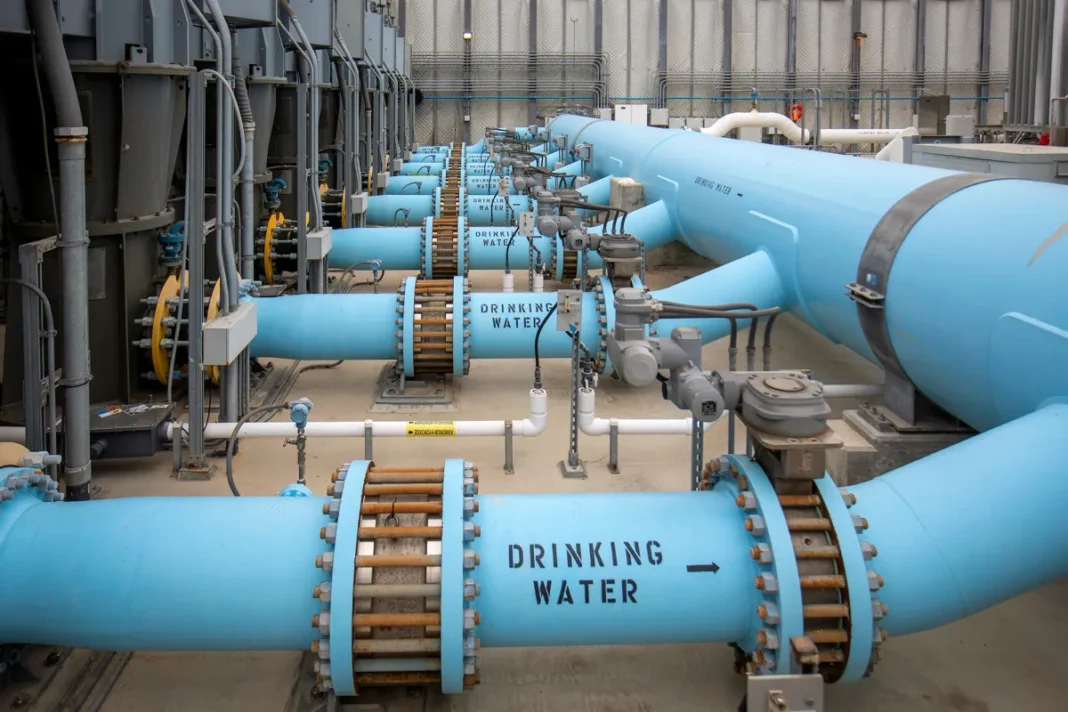The Duhok quail production export plays a vital role in meeting over 60% of southern and central Iraq’s demand for quail meat. This sector supports both local producers and markets beyond the Kurdistan Region.
According to Redier Sadqi, director of animal husbandry in Duhok, the region annually produces more than 40,000 tons of quail. Approximately 60% of this production is exported to southern and central Iraqi provinces.
Sadqi told Iraqi News Network on Saturday, August 9, 2025, that Duhok consistently produces a large volume of live quail. While local demand remains strong, the region fulfills a major portion of Iraq’s quail consumption. However, producers face challenges such as theft and product losses during transportation.
The government rarely permits the shipment of live quail to southern and central provinces. Smuggling of quail from the Kurdistan Region remains a significant issue.
Sadqi explained, “Baghdad allows exports based on its needs. Some days, over 50,000 live quail leave Duhok for southern and central Iraq. On other days, the number reaches 100,000.”
Currently, Duhok hosts 330 quail production projects within its boundaries. Sadqi emphasized that the region’s annual output reaches 42,000 tons, with 60% exported beyond Kurdistan.
Statistics indicate that the Kurdistan Region produces over 105 million quail annually. This translates to roughly 250,000 tons of meat.
Within Kurdistan, 1,840 poultry farms operate, mainly concentrated in Sulaimaniyah, followed by Erbil, Duhok, and Halabja. However, many farms still struggle to maintain consistent output.
According to the Ministry of Agriculture and Water Resources of Kurdistan, the region produces more quail meat than it consumes domestically. The annual local demand stands at 146,000 tons, but production exceeds this figure, leading to exports to other Iraqi provinces.
In summary, the Duhok quail production export not only fulfills local needs but also significantly supports markets across Iraq. With continued investment and regulation, this sector can further strengthen Iraq’s food security and economic growth.



